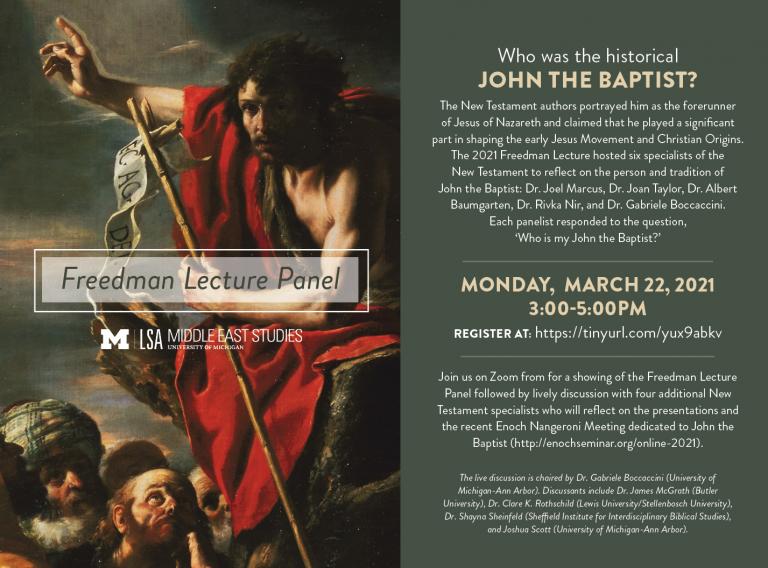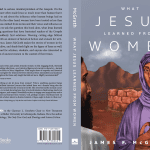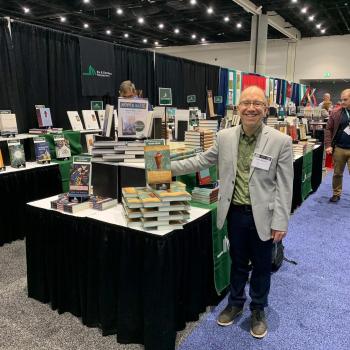 On March 22nd I will be a panelist that will discuss this year’s Freedman Lecture, which was delivered live in the context of the Enoch Seminar on John the Baptist in January. We’ll show the recording of that lecture, which in fact featured multiple scholarly panelists talking about their own interest in, quest for, and/or perspective on John the Baptist. Then we will follow with discussion that will interact with the presentation and also with one another. If you are at all interested in John the Baptist, you won’t want to miss this event, which will be on Zoom. You can register for it here.
On March 22nd I will be a panelist that will discuss this year’s Freedman Lecture, which was delivered live in the context of the Enoch Seminar on John the Baptist in January. We’ll show the recording of that lecture, which in fact featured multiple scholarly panelists talking about their own interest in, quest for, and/or perspective on John the Baptist. Then we will follow with discussion that will interact with the presentation and also with one another. If you are at all interested in John the Baptist, you won’t want to miss this event, which will be on Zoom. You can register for it here.
Interestingly, I delivered the Freedman Lecture at the University of Michigan in 2015 on the related subject of the Mandaeans. I am sure that the people at the University of Michigan are relieved that the next time I am due to speak at something associated with them, it will be on a different topic!
Of related interest, below is a video by Charles Häberl on Hebraisms in Mandaic, which are significant not just for Semitic philologists but for historians. As he writes in the video description:
The question of Western Aramaic influence upon Mandaic does not have merely linguistic or literary relevance, but also historical and even legal significance. Mandaeans maintain that John the Baptist was a member of their community, and indeed the foremost of their prophets, and at least some of his followers migrated to their present location from Palestine during the decades following his mission there. On this basis, the various medieval and modern Islamic states that have governed the region since the 7th century have guaranteed them the status of a protected religion within. According to the consensus among western scholars that has emerged in recent centuries, Mandaean self-representations are fantastic, not historically constituted, and likely derivative of other religious traditions. This consensus has in turn severely complicated their relationship with Muslim authorities in their countries of origin. This consensus has developed upon several factors, but in the realm of philology no single factor carries greater weight than the question of the Mandaic language. Consequently, there is a strong case for interrogating this claim more aggressively than has historically been the case.
Here’s the video:
There are also interesting Enoch Seminar conferences coming up in May (on Apocalypticism) and October (on Paul as apocalyptic Jew).













